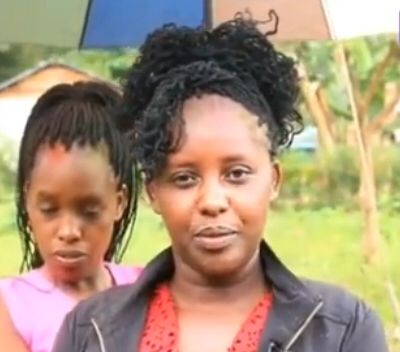In the aftermath of last week’s violent protests, the government is making a passionate appeal to an often-overlooked group: parents, elders, and religious leaders.
Speaking in Bomet County during the opening of new administrative units in Mutarakwa and Kapletundo, Interior Principal Secretary Dr. Raymond Omollo didn’t mince words.
He called for a societal awakening – a return to mentorship, civic responsibility, and the difficult but necessary work of guiding our youth back from the brink of anarchy.
His remarks follow the disturbing scenes witnessed across the country – torching of police stations, looting, and confrontations with law enforcement.

While he acknowledged the legitimacy of youth voices, particularly those of Gen Z demanding accountability, Dr. Omollo warned of a dangerous drift.
A genuine cry for justice, he said, has been hijacked by criminal elements, turning activism into an excuse for chaos.
“Kenya is a country of laws,” he emphasized.
“Let us counsel our children when they go astray. Those who feel aggrieved must operate within the bounds of our Constitution.”
Dr. Omollo urged politicians to stop weaponizing youth discontent for short-term gains and instead support sustainable reforms that protect Kenya’s democratic progress.
He reminded them that democracy is more than just elections; it’s about fostering institutions that promote dialogue, peace, and progress – not destruction.
Among key proposals was a call to relook at Article 37 of the Constitution, which protects the right to protest, to ensure it shields peaceful demonstrators while isolating criminal actors.
Beyond the call for peace, the Ministry of Interior is also strengthening its grassroots reach.
Over 1,100 new administrative units have been gazetted in the 2024/25 financial year – including 24 sub-counties, 88 divisions and over 900 locations and sub-locations – all aimed at deepening government presence and service delivery at the community level.
In a time of heightened emotion and fragile trust, this moment presents a turning point.
The youth may be the future – but today, the onus is on all of us to ensure they inherit a society grounded in justice, not rage.





